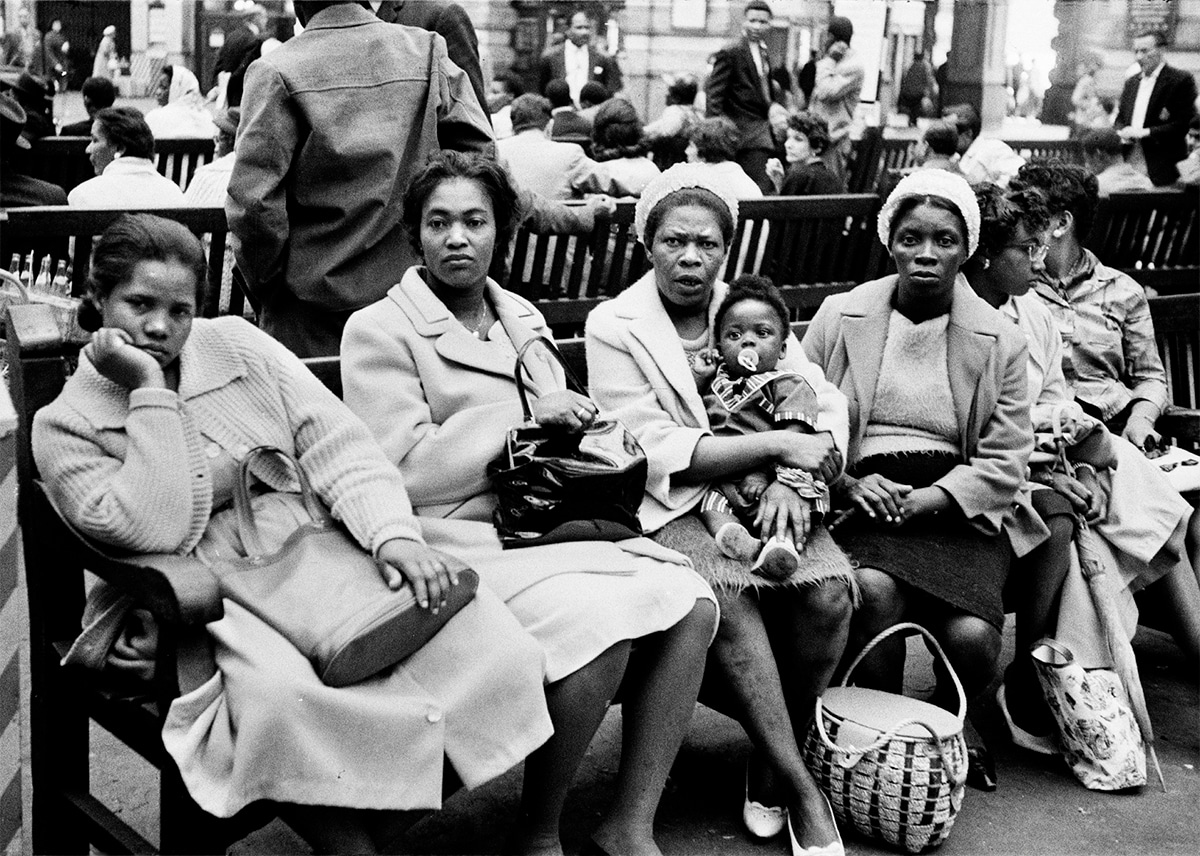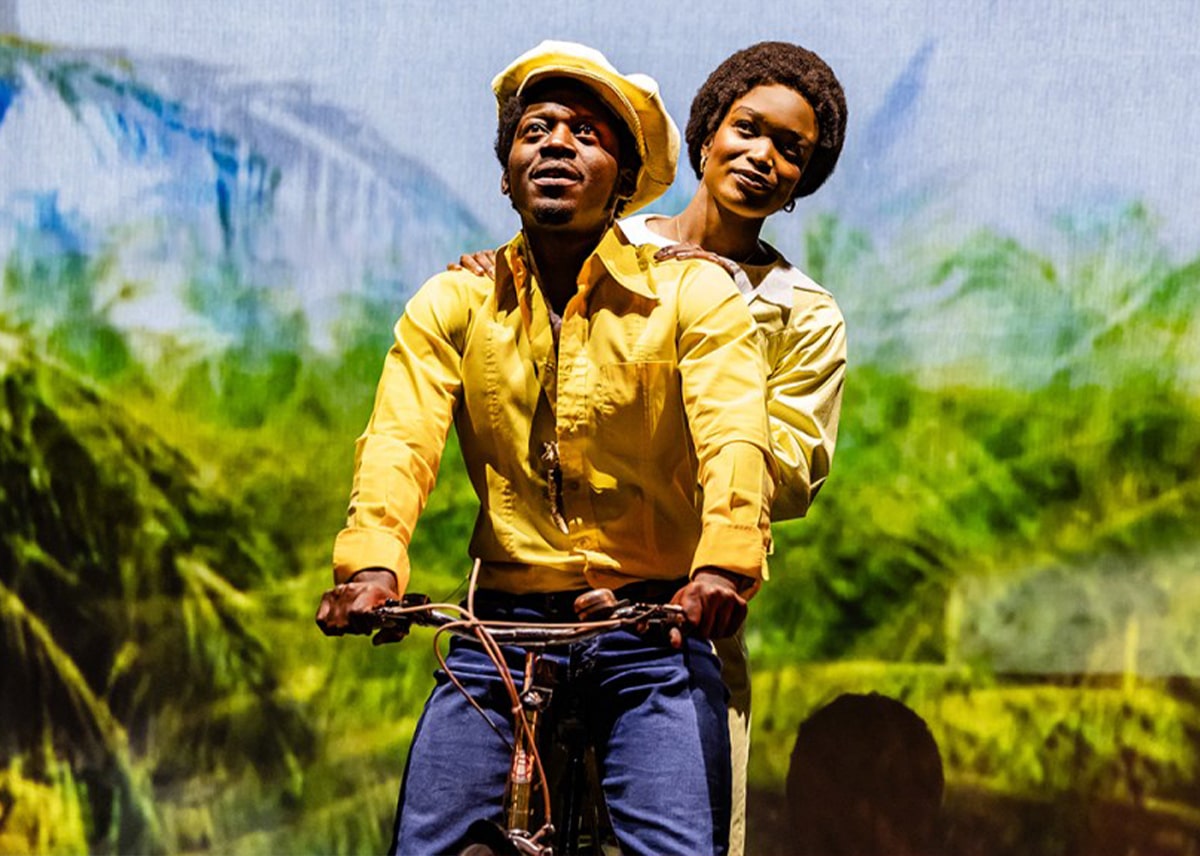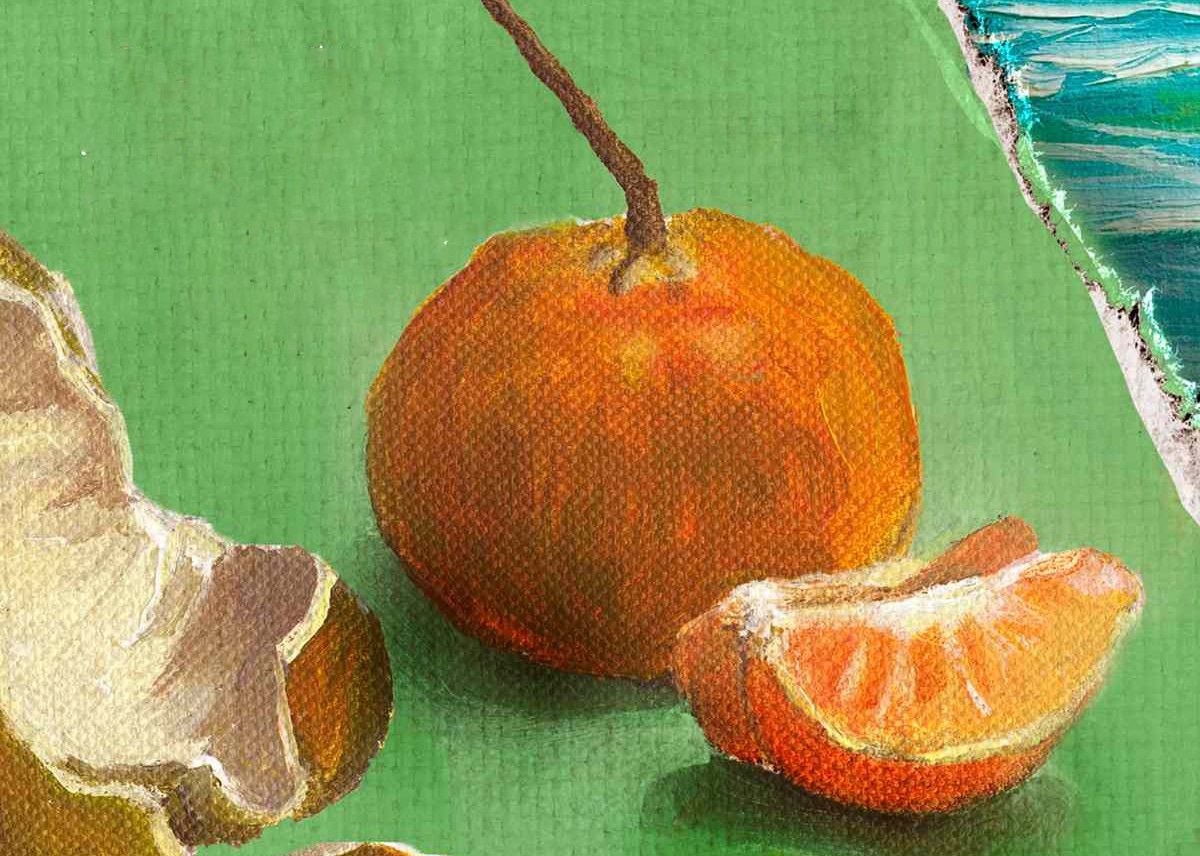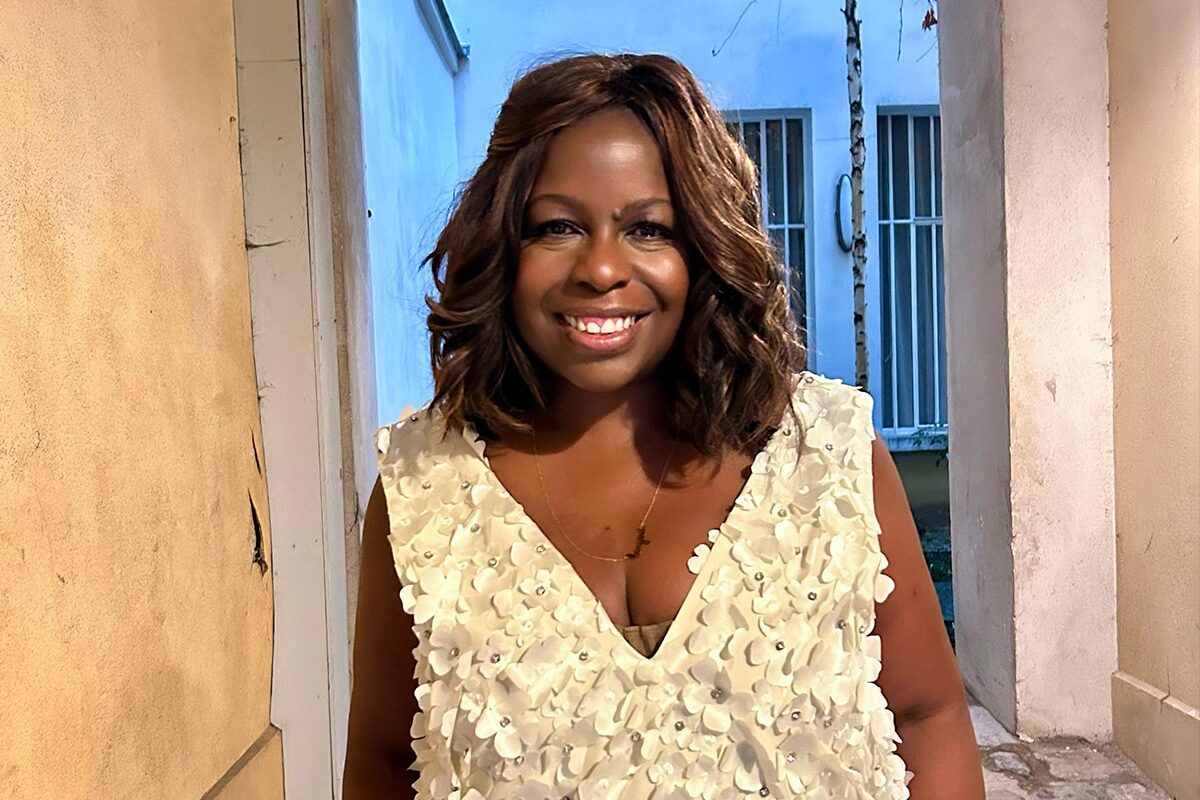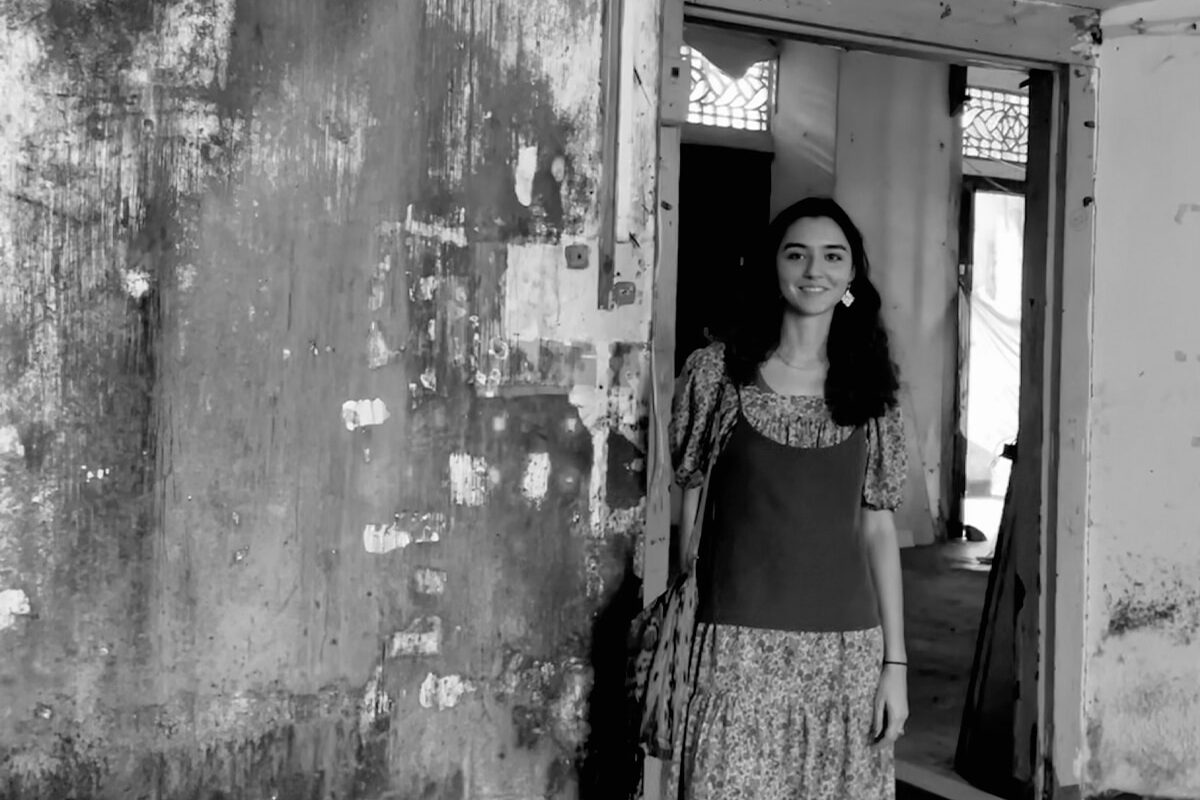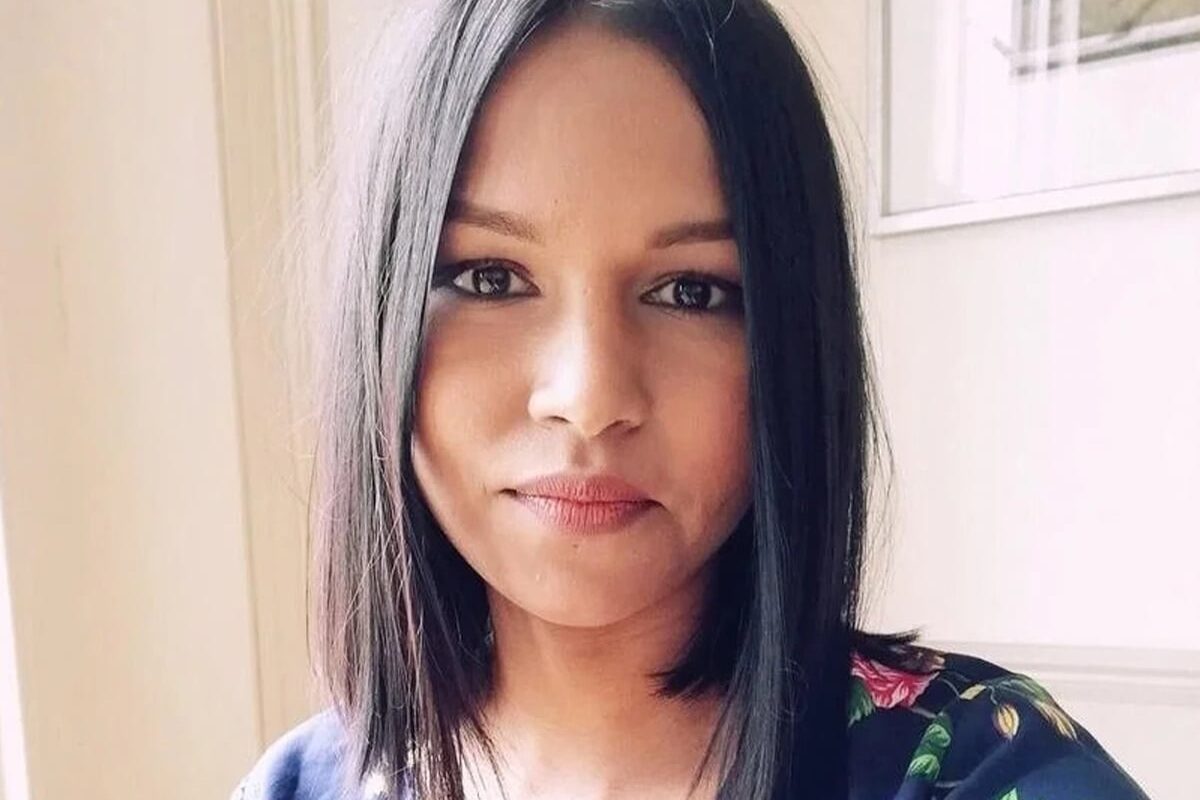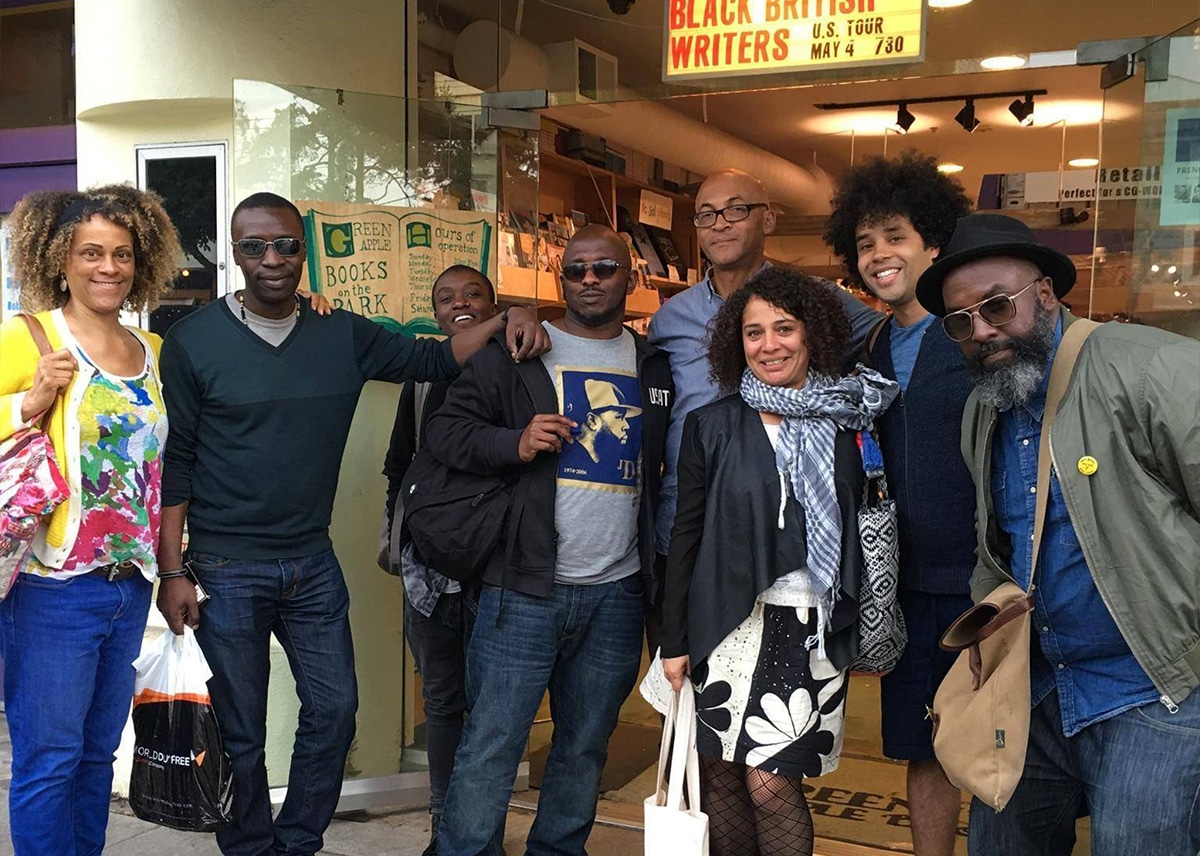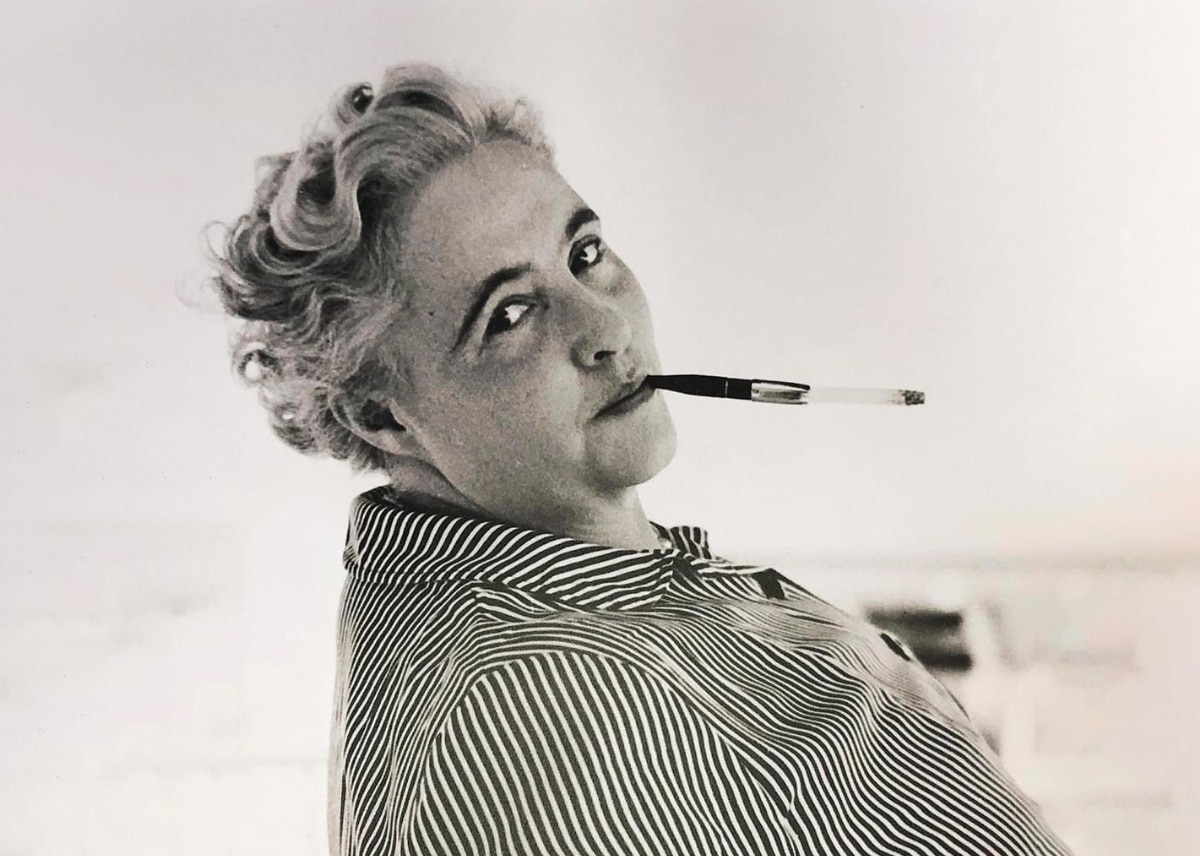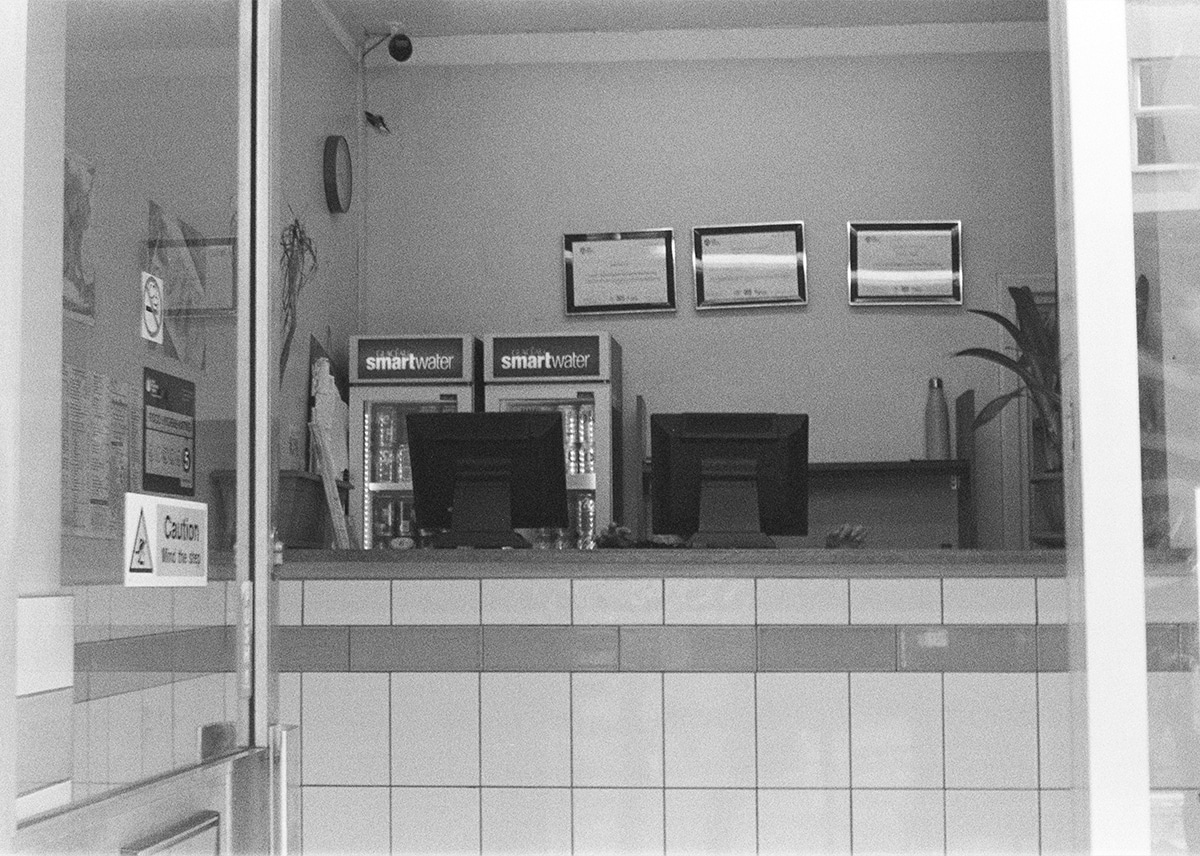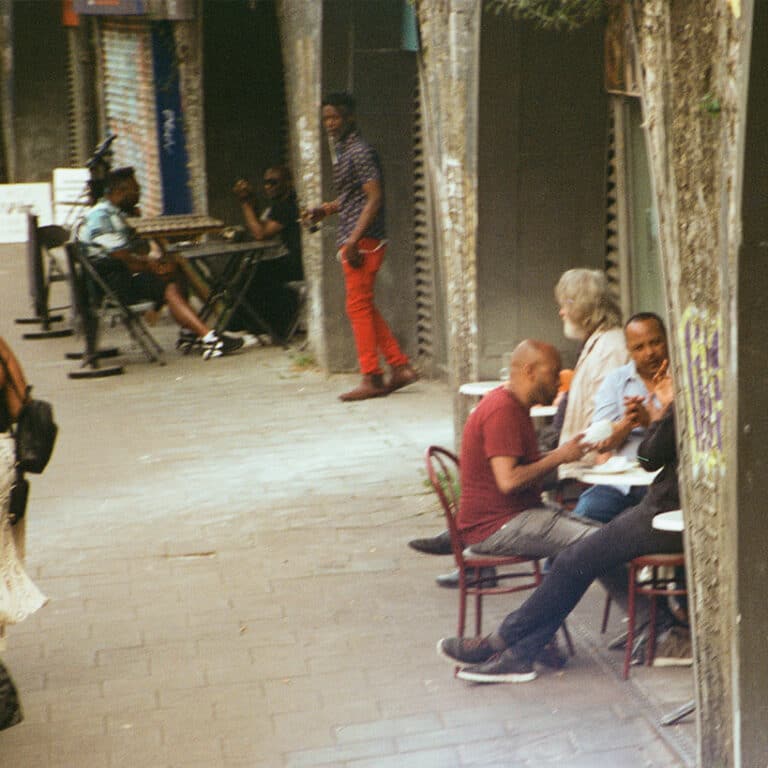Black Teacher

Beryl Gilroy
Review by Jeffrey Boakye
There aren’t many books I’ve come across with a title that, in two short words, fully summarise both my professional and personal identities, as well as the intersections between the two. So when I first saw Black Teacher by Beryl Gilroy, I must say I was intrigued.
Originally published in 1976, it is the first-person account of a young woman who came to the UK from British Guiana in the 1950s and who went on to become one of the first black headteachers in British history.
It’s an extraordinarily compelling journey. Gilroy, leading with a clear and utterly readable narrative flair, details her experiences of navigating post-war East London, in black skin. It’s a world of poverty, nascent multiculturism and working-class struggle that is painted with both comic and tragic brushstrokes. It’s also shown to be a world of entrenched racism, with Gilroy facing countless aggressions, both micro and macro, discrimination and, at times, open hostility.
From this frenetic backdrop emerges a narrative that is as reflective as it is illuminating. This is one level that Black Teacher operates on – and it does so well: as a memoir detailing the realities of racism from the intimate perspective of a Briton arriving from the West Indies. Here, the author fearlessly exposes her vulnerability in detailing these experiences on a deeply personal, and thus relatable, level. Through Gilroy’s eyes and words, we gain a portal into what life was like for black British colonials seeking to make the ‘mother country’ a home. In a word: tough.
As the second word of the book’s title suggests, education is a key focus that Gilroy offers generous insight into.
As a teacher of 15 years myself, I was struck by just how educational this book was on the subject of teaching. Gems of wisdom shine throughout and it soon becomes clear that you are in the presence of a profoundly sensitive educationalist. I found myself taking notes and reaching for the highlighter, the book transforming into a guide for my teaching practice as well as a journey through Gilroy’s. The episodes and anecdotes of her life weave themselves into a richly textured philosophy of education that, even now, would be labelled ‘progressive’. Deep child-centred learning, arts-based practice, animal therapy, community engagement, forum theatre, mantle of the expert, trauma informed practice… I could go on.
In all of this, there is genuine charm in the way Gilroy manages to paint layered and textured portraits of the children (and adults) she encounters, demonstrating the most crucial qualities for any good teacher: benevolence, faith and compassion, values which radiate from every page of this book. This is another level that Black Teacher operates on: as an exemplar of the spirit into which educators must enter the trials, tragedies and triumphs of the profession.
I learned a lot from this book. It made me reconsider what it means to be black; what it means to be a teacher; what it means to be a teacher who happens to be black. Decades after its original publication we still live in a world that needs healing, one that continues to suffer the fractures of racial division and corruptions of structural inequality. Beryl Gilroy died in 2001 but Black Teacher remains relevant to this day, showing us the resilience, wisdom and optimism that we need to impart to successive generations. Ultimately, whether you’re a teacher or not, whether you’re black or not, this might be the most important lesson of all.
Photo courtesy of the Beryl Gilroy Estate.
https://www.faber.co.uk/9780571367733-black-teacher.html
Beryl Gilroy and her children’s book A Visitor from Home feature in the ‘Unfinished Business’ exhibition at the British Library https://www.bl.uk/events/
Soon Come
In Soon Come, readers are treated to a narrative that has been, figuratively speaking, marinated in jerk seasoning
The Harder They Come
In the latest production of The Harder They Come at Stratford East, London, the musical depicts all of Jamaican life on stage with thrilling simplicity.
Love forms
The experience of silently reading Claire Adam’s Love Forms is one of immense and daunting loneliness
In defence of Black History Month
Is it time to bring an end to the UK's Black History Month?
In appreciation of Margery Allingham
Margery Allingham was interested in everything, from telepathic communication to murderous families with lack of self-awareness
A close encounter with accents
An investigation of the consequences of speaking with a foreign accent in your adopted country

Preaching
'Preaching': A new poem by the T.S.Eliot Prize-winning poet Roger Robinson, from his forthcoming New and Selected Poems (Bloomsbury in 2026).
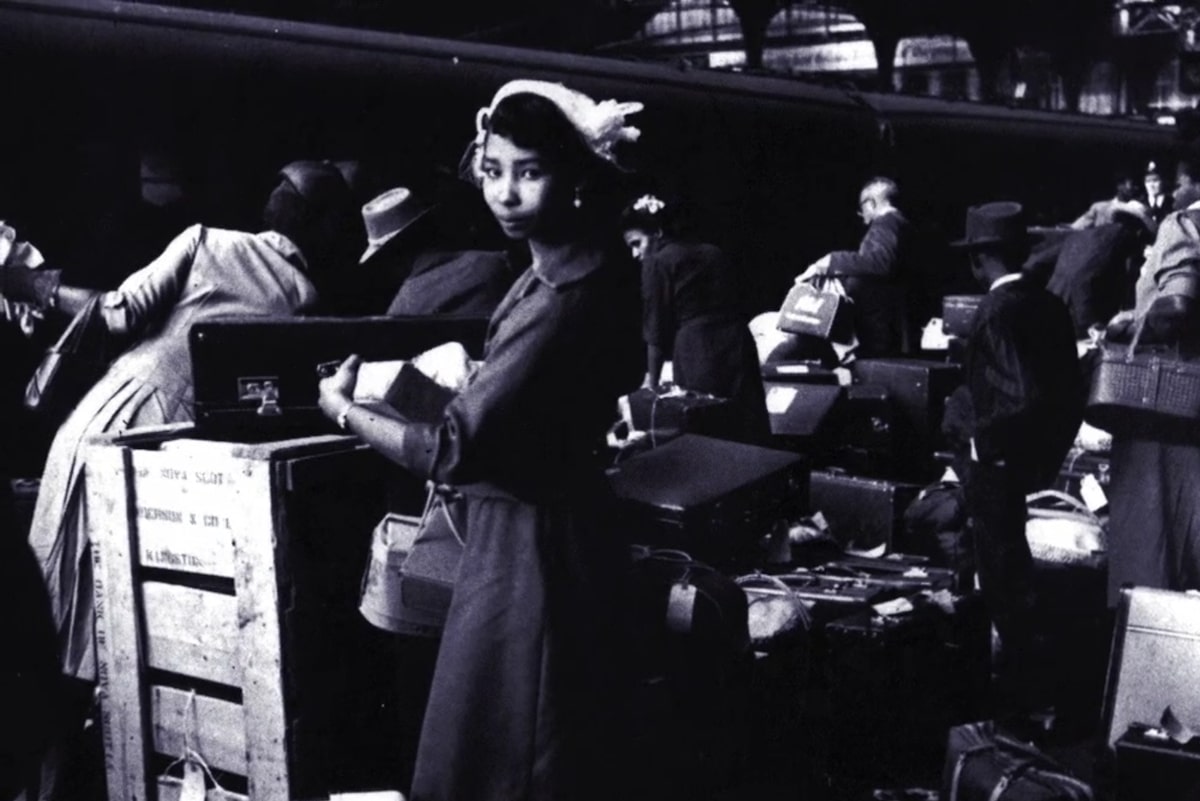
Walking in the Wake
Walking in the Wake was produced for the Estuary Festival (2021) in collaboration with Elsa James, Dubmorphology and Michael McMillan who meditates on the River Thames as we follow black pilgrims traversing sites of Empire.

Illuminating, in-depth conversations between writers.
SpotifyApple Podcasts
Amazon Music
YouTube
Other apps

The series that tells the true-life stories of migration to the UK.
SpotifyApple Podcasts
Amazon Music
YouTube
Other apps

